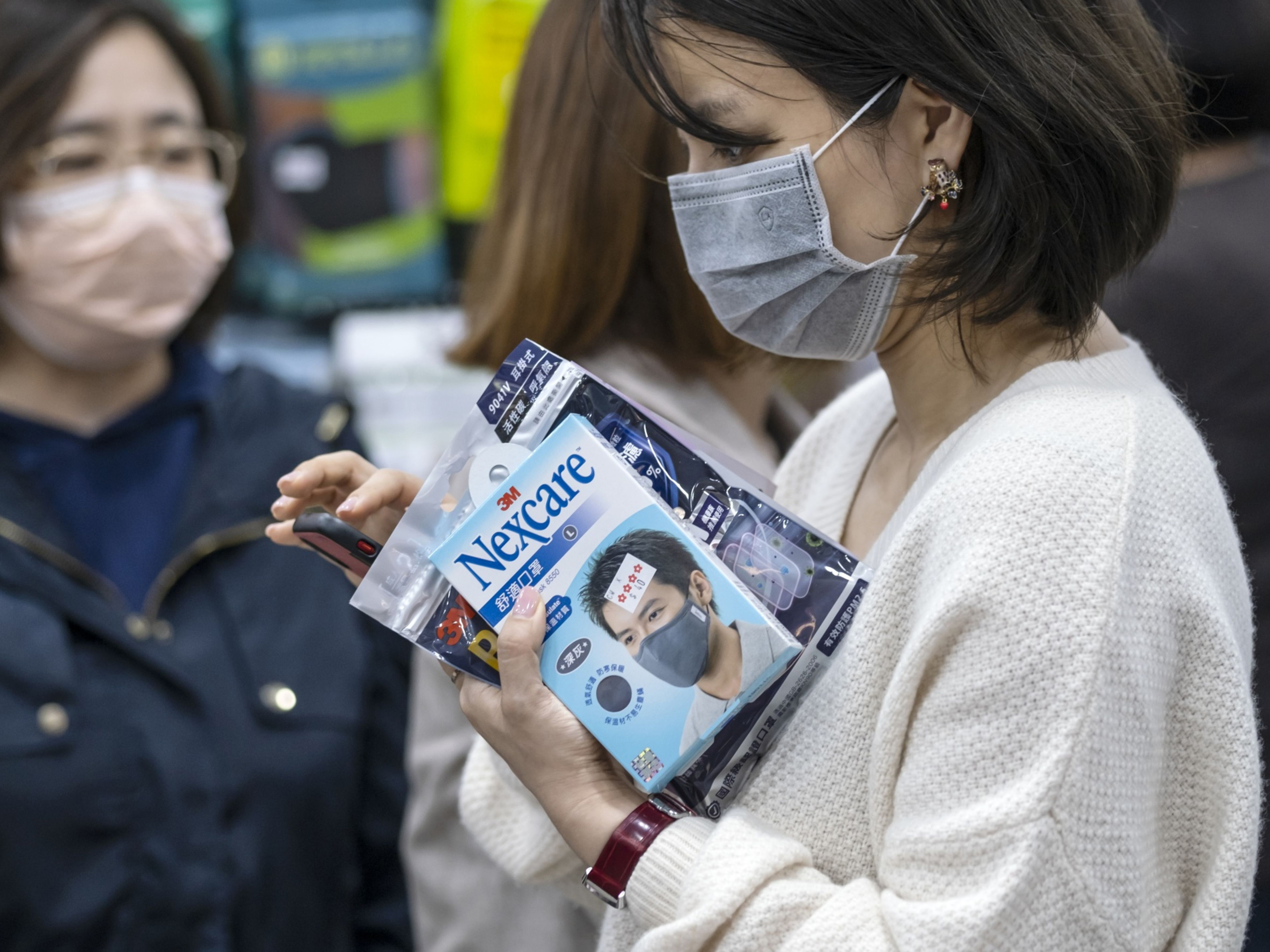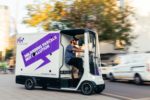
Visit Our Sponsors |
|
|
|
|
|
|
|
|
|
|
|
|
|
|
|
|
|
|
|
|
|
|
|
|
|
|
|
|
|
|
|
|
|
|
|
|
|
|
|
|
|
|
|
|
|
|
|
|
|
|
|
|
|
|
|
|

A rapidly spreading viral outbreak is disrupting travel and business in China, which took unprecedented steps to lock down cities with a combined 40 million people around the epicenter in Wuhan to try to slow its progress.
For global corporations, Wuhan is an important hub. Of about 2,000 cities in China with factories and other facilities in Bloomberg's supply chain database, the city ranks 13th, with about 500 facilities. The province of Hubei has 1,016, making it seventh of 32 such jurisdictions. U.S.-based companies have 44 facilities there, and European ones about 40, the data show. Many plants are in the auto and transportation industries, and big names include PepsiCo Inc. and Siemens AG.
As the death toll from the pneumonia-like illness rises and cases are found in neighboring Asian countries, including South Korea and Singapore, as well as in the U.S., the economic impact of the novel coronavirous could be widespread.
Here is a rundown of what big companies are saying so far about the impact.
Jan. 26:
Honda Motor Co.
The automaker will evacuate from Wuhan about 30 Japanese staff, family members and employees visiting on business trips, Teruhiko Tatebe, a Tokyo-based spokesman, said by phone. The carmaker has informed the Japanese government that it wishes to utilize the charter jet planned to evacuate Japanese citizens. A handful of staff needed to maintain local operations will remain in the city.
Jan. 25:
Groupe PSA
The French maker of Peugeot cars and other brands said it will evacuate its expatriate staff and their families from the Wuhan area. A total of 38 people will leave, the company said in a statement.
Hennes and Mauritz AB
The clothing retailer better known as H&M has closed a total of 13 stores in the region. Svenska Dagbladet reported. China is the company’s 5th biggest market in terms of revenue, with 524 stores as of Aug. 31.
Ikea closed its warehouse in Wuhan on Thursday, according to the same report.
Jan. 24:
Remy Cointreau SA
The French cognac maker abandoned its forecasts for this year after a slump in Hong Kong dented sales in the Christmas period and as the viral outbreak threatens business in China, the source of 20% of its profit, according to Jefferies estimates. “Clearly we are concerned,” Chief Financial Officer Luca Marotta said of the coronavirus on an earnings conference call. “We do not have any scenarios on a quantified basis. It is evolving hour after hour.’’
McDonald’s Corp.
The fast-food giant, which had about 3,000 stores in China at the end of 2018, temporarily closed locations across five cities of the Hubei province due to the virus, including Wuhan. The Chicago-based company is taking extra preventative measures in the rest of the country, including taking the temperature of workers upon arrival and giving out hand sanitizers to diners.
Walt Disney Co.
The world’s largest theme park operator said it would close its Disneyland resort in Shanghai effective Jan. 25. The company is offering refunds to guests who bought theme park tickets or reserved rooms in its hotels. “We will continue to carefully monitor the situation and be in close contact with the local government, and we will announce the reopening date upon confirmation,” it said in a statement.
Starbucks Corp.
The Seattle-based chain, with about 4,100 cafes in China, also said it’s closing some locations, without providing more details.
Delta Air Lines Inc.
The Atlanta-based carrier issued a travel waiver that allows passengers traveling to, from or through Beijing and Shanghai between Jan. 24 and Jan. 31 to change their itinerary once without having to pay a fee.
Wynn Resorts Ltd.
The Chinese Lunar New Year is peak time for profits at casino operators. Authorities in Macau, the world’s largest gambling market, are requiring casinos to screen guests for high temperatures and make their staff wear respirator masks. Many Chinese tourists are also heading to Las Vegas to celebrate. “Although as of this date there are no reported cases of the coronavirus in Las Vegas that we are aware of, we will be in close contact with the Southern Nevada Health District who is monitoring the situation along with the CDC,” the company said in a statement. “We will implement any health directive they issue.”
Jan. 23:
Avnet Inc.
The Phoenix-based distributor of computer products and semiconductors said it hadn’t seen an impact so far. “But if it gets worse and they start shutting down airplanes, et cetera, then that will have a different effect on shipments out of China,” CEO Bill Amelio said on a conference call. Asked whether the area is a meaningful region from an electronics manufacturing perspective, Amelio answered: “Of course, it is.’’
American Airlines Group Inc.
President Robert Isom said it is too soon to see an impact. “Our network isn’t that extensive in Asia. But we’re on top of it,” he said on a conference call. “We’ve seen viruses in the past that we’ve had to make accommodations for and to be prepared for, we’re doing all those same things right now.”
Keppel Corp.
The Singapore-based owner of the largest oil-rig builder, which has about 170 employees in Wuhan and operations across China, said it hadn’t seen a direct impact either. “We have advised our operations there and our staff there to take the necessary precautions. We are watching this very closely,” CEO Loh Chin Hua said on an earnings call.
Jan. 22
United Airlines Holdings Inc.
The U.S. carrier was among the first global corporations to comment on the coronavirus on an earnings conference call. “We’ve been coordinating closely with the CDC to ensure that we’re taking all the necessary steps to ensure that our customers and employees can travel safely,” CEO Oscar Munoz said. “By working closely together, we have in the past effectively managed situations like this.”
RELATED CONTENT
RELATED VIDEOS
Timely, incisive articles delivered directly to your inbox.







